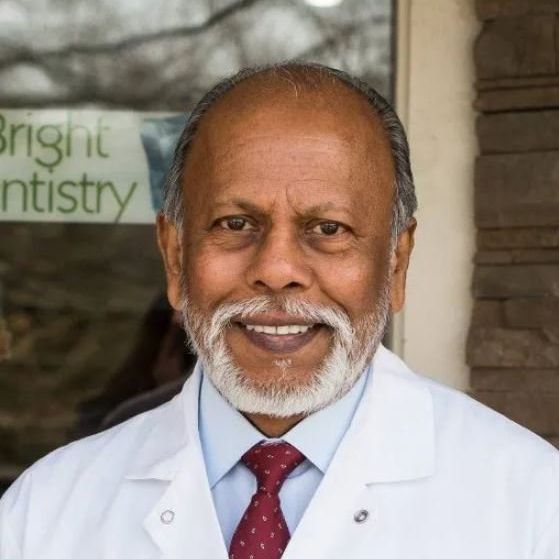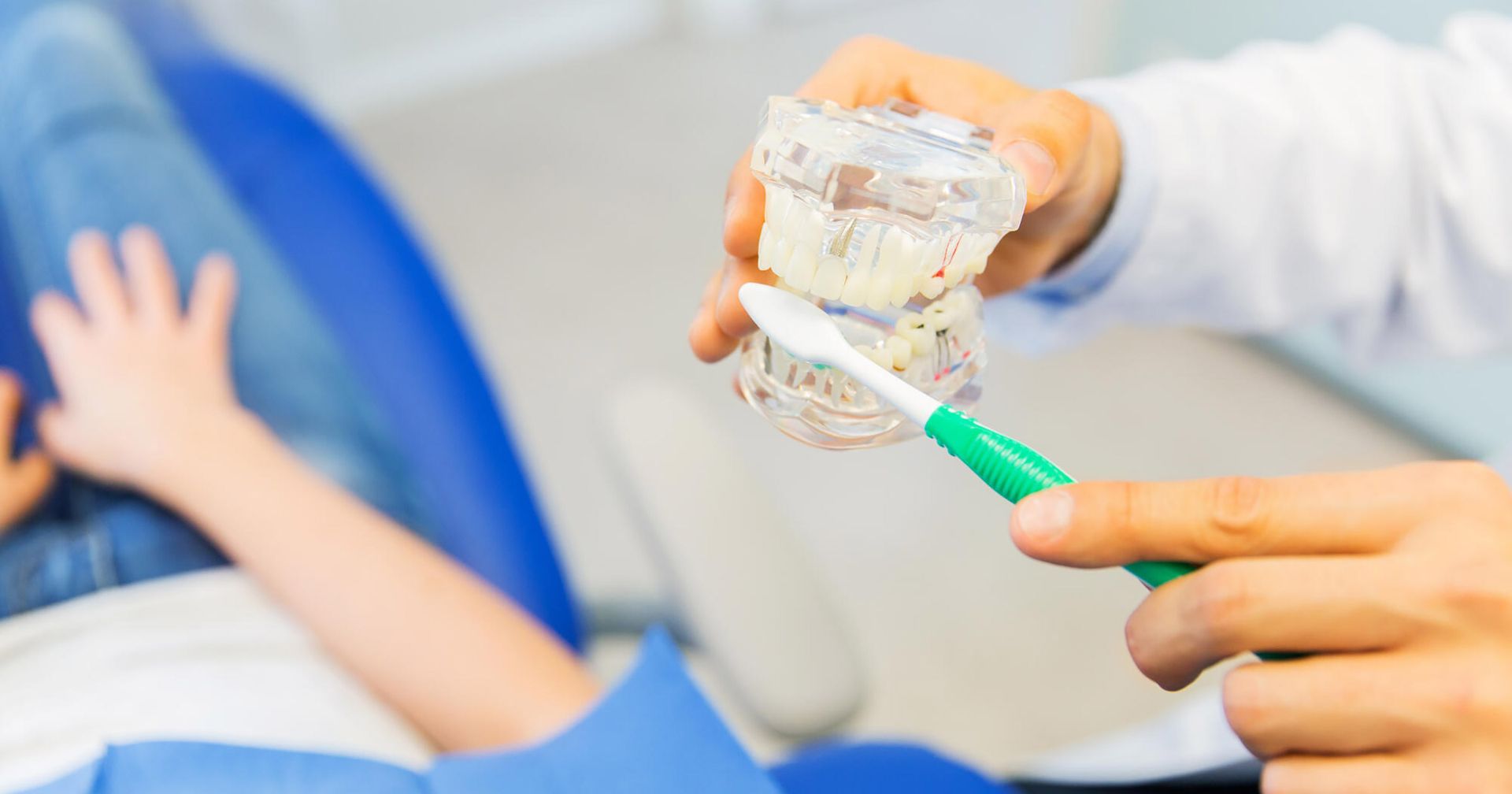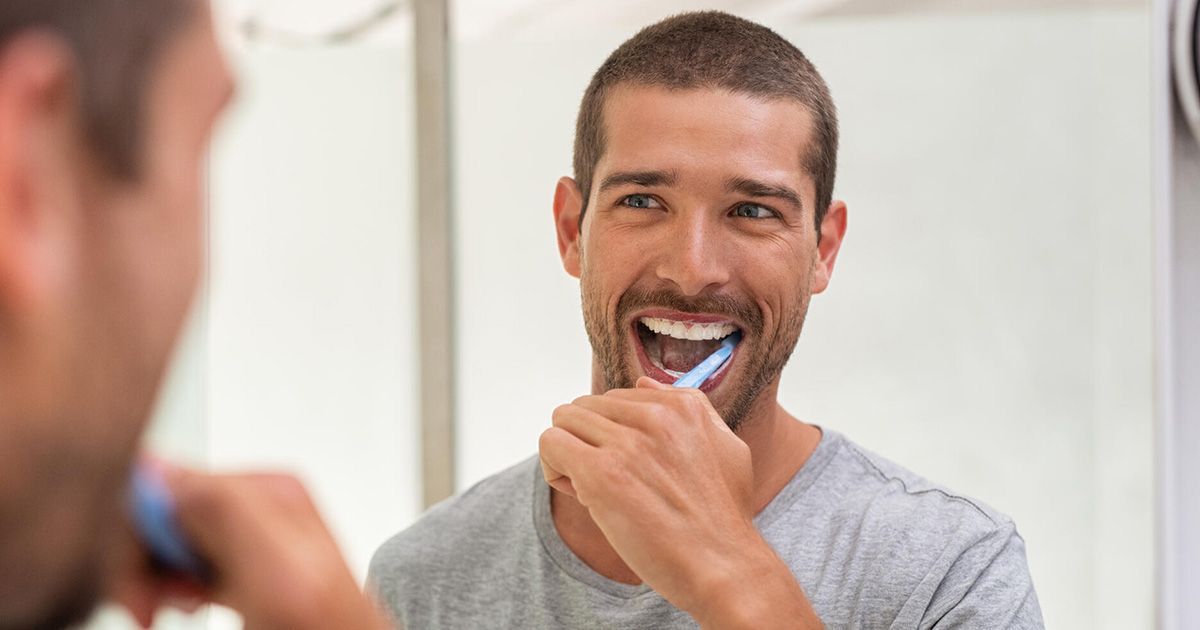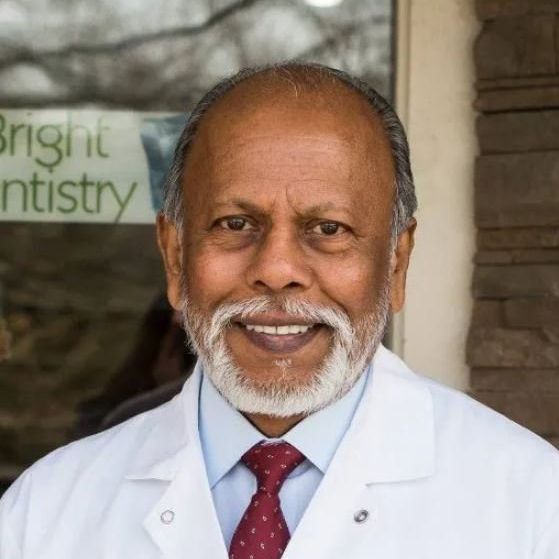How Is a Wisdom Tooth Cavity Treated?
A wisdom tooth cavity can cause pain and discomfort. It can also lead to further dental issues. Learn how it's treated in our guide, then book a consultation.
Have you recently found yourself clutching the side of your face in pain? A wisdom tooth cavity can compromise your oral and overall health.
Neglecting treatment could lead to serious complications.
Before that happens, seek treatment for an impacted wisdom tooth. How exactly is a wisdom tooth infection treated? Read on to find out!
How a Wisdom Tooth Infection Develops
Neglecting to thoroughly brush and floss your teeth gives bacteria, saliva, and food particles the chance to mix together. Plaque, the tacky substance that can coat your teeth, will form. When left on your teeth, plaque can harden into tartar and release destructive acids.
Your wisdom teeth are far in the back of your mouth and therefore difficult to clean. It's also difficult to floss the space between your wisdom teeth and the back of your mouth.
Sometimes, an impacted wisdom tooth won't grow correctly when erupting from your gums. It could grow at an angle, sideways, or only partially emerge. Since wisdom teeth are the last to erupt, they're more likely to struggle when emerging.
Their position can make them hard to reach. They're more prone to trapping food particles and bacteria. The chances of bacterial growth and plaque formation are increased.
The fissures and crevices of your wisdom teeth make them more difficult to clean. Increased plaque can further increase the likelihood of cavity formation.
Over time, an overgrowth of activity can create holes in the outer enamel layer of a tooth. A cavity or infection can develop.
An impacted wisdom tooth is more likely to get infected. Its angle and shape could increase the likelihood of tooth decay.
About 26% of adults ages 20 to 44, and 25.3% ages 45 to 64, have untreated dental caries. Make sure to schedule routine appointments at your dentist's office. They can recognize the signs of tooth decay.
Your dentist will determine if you need wisdom tooth removal, antibiotic treatment, or another procedure. Their preventive services can help you avoid a wisdom tooth infection or the need for a dental filling.
Tooth Decay Symptoms
The symptoms of tooth decay in wisdom teeth can differ from symptoms in other teeth. Common tooth decay symptoms include:
- Sensitivity to hot or cold
- Localized toothaches or pain
- Discomfort when chewing
- Swelling around the jaw
- Bad breath
- Problems opening your mouth
- An unpleasant taste in your mouth
- Red, swollen, or bleeding gums
Since your wisdom teeth are located in the back of your mouth, symptoms aren't always obvious when decay is in the initial stages. You may not realize you need treatment until the decay progresses.
Visiting your dentist every six months can help them spot the signs of early decay. Otherwise, you could experience discomfort in surrounding areas.
You may have headaches, earaches, and jaw pain. If these symptoms sound familiar, schedule an appointment at your dentist's office.
As the infection spreads, you may notice your gum tissue appears red or swollen. These symptoms could indicate an abscess is forming.
Tooth Decay Treatment Options
If you think you have a wisdom tooth infection, visit your dentist right away. Treatments can involve:
- Antibiotic treatment
- A dental procedure for repair
- Wisdom tooth removal surgery
Your dentist will request X-rays and examine your teeth. They'll determine which treatment option best suits your needs.
Medicine
Your dentist can prescribe you antibiotic treatment if you have a wisdom tooth infection. Antibiotics can treat and prevent the spread of bacteria. You may need to take antibiotics for a week before your wisdom tooth removal surgery.
Repair
Once the infection is gone, your dentist will repair or remove the tooth. The procedure for a wisdom tooth is similar to repairing other teeth. Your dentist may place a crown atop the tooth to protect it from future decay.
You may need a dental filling to repair the hole in your tooth. Your dentist could file down the tooth's sides or top to get rid of fissures where food and bacteria can linger.
Removal
If your wisdom tooth sustained damage, your dentist may remove a part of or the entire tooth. You could need wisdom tooth removal if an impacted tooth is infected.
Your dentist may recommend removing another impacted wisdom tooth to help prevent future infections. To help an impacted wisdom tooth grow properly, your dentist may remove gum tissue from atop it.
They may also recommend coronectomy, which involves removing the wisdom tooth's top portion. This procedure can protect the tooth's roots and nerves.
When You Need Wisdom Tooth Removal
Your dentist will assess your teeth to determine if you need wisdom tooth removal surgery. You may need to remove the tooth if:
- There's a high level of decay present
- The prognosis is poor
- Repair isn't possible
- Access to the tooth is limited
- The tooth suffered multiple episodes of decay
- You struggle to clean the tooth thoroughly
Consult your dentist to determine the best course of action. They may recommend repairing the tooth if the amount of decay is small.
Avoiding treatment will allow the tooth decay to progress. It will penetrate deeper into your tooth, eventually reaching the inner pulp. A dental abscess could form.
You could experience swelling, infection, and excruciating pain. When left untreated, the infection can spread to surrounding tissue or your bloodstream. You could develop a systemic infection.
The infection could destroy your surrounding bone and tissue, damaging adjacent teeth. You may need to schedule a root canal procedure or surgical intervention.
Neglecting to treat a wisdom tooth infection can increase your risk of periodontal disease. You could experience gum recession and inflammation. Your risk of bone loss or losing a tooth will increase.
Visit your dentist right away. They'll ensure you begin treatment before complications develop.
Treat Your Wisdom Tooth Cavity Today
Neglecting to seek wisdom tooth cavity treatment can cause more than pain. You could experience complications as the infection spreads. Instead, consult your dentist to determine the best course of treatment.
Do you think you have an impacted wisdom tooth or tooth decay? Putnam Bright Smile Dentistry strives to provide the best dental care possible. Fixing any dental problems you have is our top priority.
We believe in providing patients with personalized care. Contact us today to seek treatment.
Dr. Rohit Z Patel
D.D.S
After graduating at the top of his class, Dr. Patel continued his postgraduate studies in endodontics at Columbia University College of Dental Medicine in New York. He was appointed to assistant clinical professor of dentistry at Columbia University and later moved on to teach at the Montefiore Medical Center’s Department of Dentistry. Westchester Magazine recognized Dr. Patel as a “Top Dentist for 2012.”
Dr. Arpita Patel
D.D.S
Dr. Arpita S. Patel graduated with a DDS degree from the university College of Dentistry in 2015. Dr. Patel is experienced with an array of restorative dentistry procedures, including dental implants and many other treatments that can improve dental health, function, and appearance.
Dr. Yung Kim
D.D.S
Dr. Yung Kim is a double board certified Periodontist and board certified Prosthodontist, educated to treat many extremely complex disorders involving gum disease, tooth decay, and oral pathology. His focus is on full-mouth, complex, surgical, and reconstructive dentistry. He has extensive knowledge of implant dentistry and advanced surgical procedures, specializing in teeth in a day and All-on-Four implants. He is also Invisalign certified and experienced with CAD/CAM restorations and dentures.
Dr.Santvana Vyas
D.D.S
Dr Vyas attended NYU College of Dentistry and earned DDS in 2016 at the top of her class. She was inducted into Omicron Kappa Upsilon (OKU), the national dental honor society and earned Outstanding Achievement Award in study of Prosthodontics.
Dr Vyas is an active member of American College of Prosthodontics (ACP) and American Dental Association (ADA). She is appointed as a Clinical Assistant Professor at NYU College of Dentistry. She is married and is blessed with two sons.

















